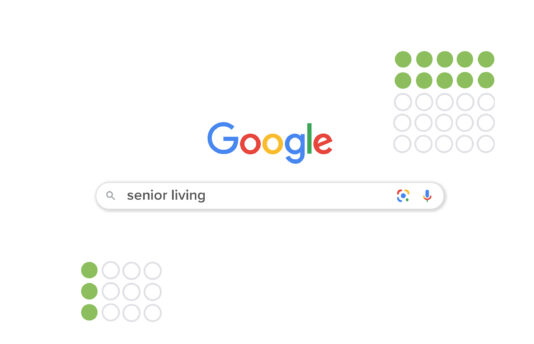You’ve probably been to dozens of meetings regarding COVID-19, the latest coronavirus, by now. As of Wednesday, the Centers for Disease Control and Prevention (CDC) has officially labeled COVID-19 a pandemic, and with widespread concern ensuing, there is added pressure on your organization’s executives and providers. As you and your colleagues try to stay ahead of this ever-changing issue, you need to ask yourself, “What, as a healthcare organization, is the appropriate response?”
Healthcare marketers, here is what you can bring to the table at your next meeting:
There is an appropriate way to inform consumers. Stick to the facts. Provide a simple webpage with signs to look for, frequently asked questions and what to do in anticipation of a doctor visit, as well as preventive measures people should be taking to avoid contracting and spreading the virus. Assure the public that you have procedures in place and experts monitoring the situation. Make sure your information is accessible and easy to find, but there is no need to pay to promote it. Leave the PSAs to the public sector experts.
Leverage outside expertise. The general public is aware of the lack of information on COVID-19. When building webpages, use existing information from and links to credible sources, like the CDC and World Health Organization (WHO), to provide consumers with the most accurate, timely updates possible.
Inventory your paid media. Analyze what you are currently promoting and how it may come across. Are you promoting cosmetic or elective procedures? If so, consider pausing this messaging, as it may appear insensitive. General brand or awareness campaigns may be okay, but consider if it’s a wise use of your budget right now.
Consider canceling events or hosting them online. If your organization is hosting an event, consider canceling or postponing. If this is not an option, host an online webinar, where applicable. Limiting the number of people together in a space reduces the risk of exposure significantly. And while this goes for events of all ages, it is especially true of events that may attract people with compromised immune systems, such as the elderly (think: senior living facilities, nursing homes, etc.).
Prepare your staff with accurate information, including how many confirmed cases there are and where they are located, to help staff best serve patients. Also provide detailed information on how and when you will be communicating regular updates with them.
Don’t break the script. Your employees need one script that is as detailed as possible to answer incoming questions. If employees try to answer questions on their own, you run the risk of inaccurate or inconsistent information getting out to the public.
People are going to continue to have growing concerns about the coronavirus—we can’t ask them not to. But if you, as a healthcare marketer, follow the above steps, you’ll be well on your way to becoming a trusted resource.











